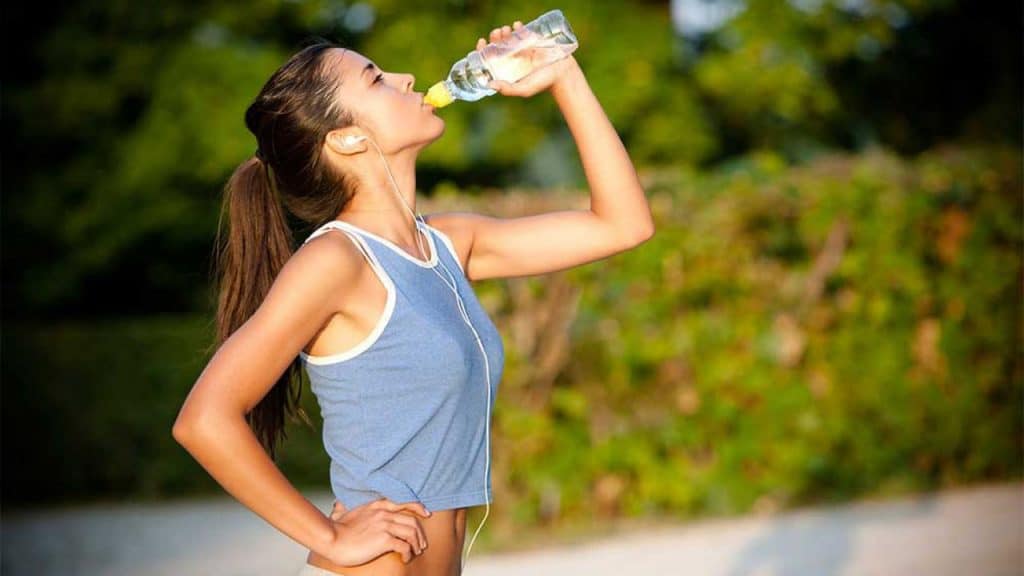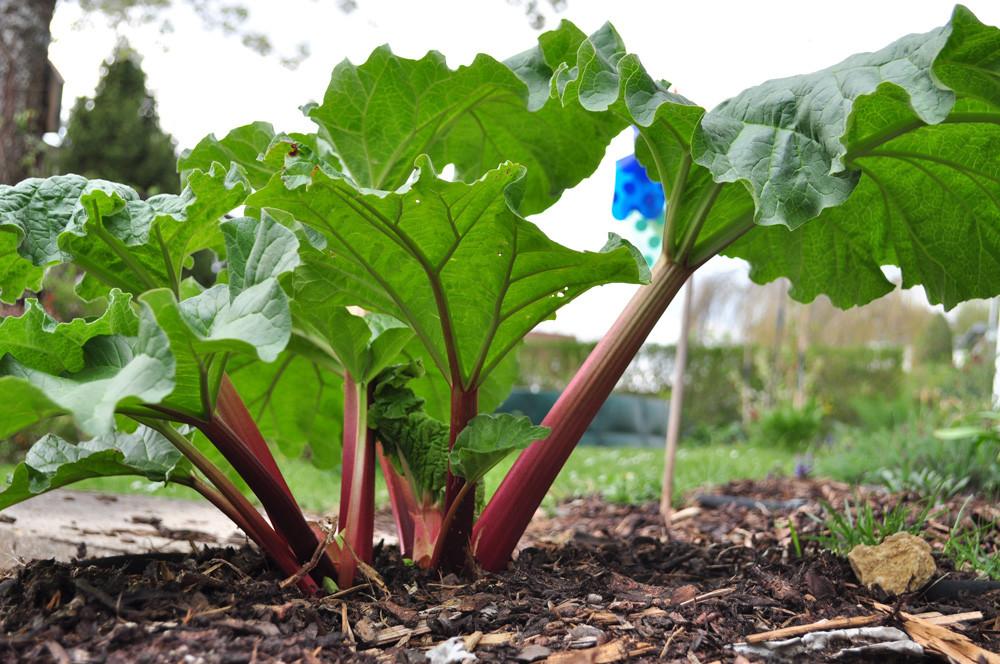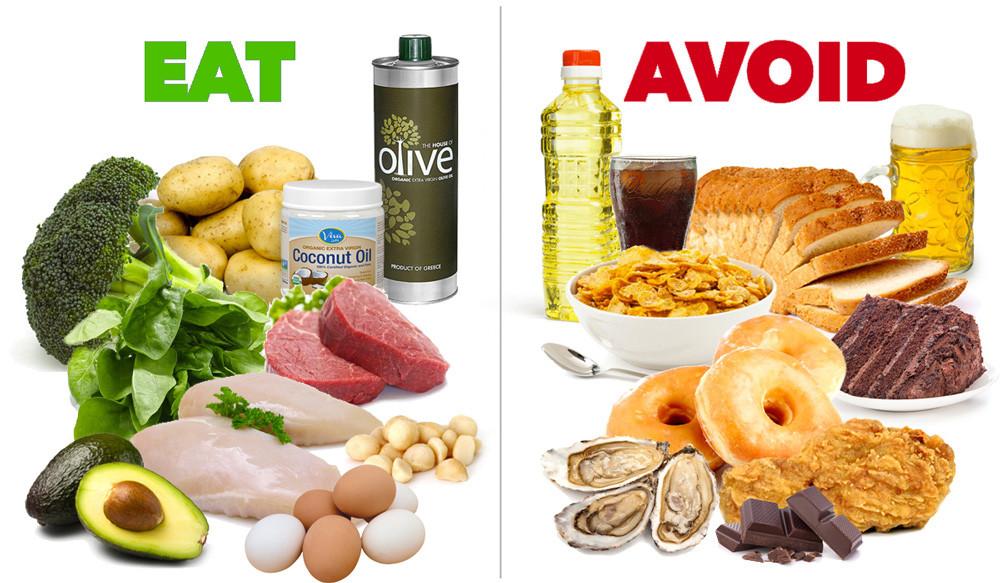It’s one of the simplest things you can do as part of a healthy lifestyle, and one of the things with the severest consequences if you don’t do it enough. I’m talking about drinking water. Well, not even just water. Any liquid, and even some types of food, can help make sure you’re properly hydrated.
Dehydration is an unpleasant and sometimes life-threatening condition. It starts with issues like thirstiness, tiredness and dizziness. Your urine may get smelly and turn a darker color. It’s not just physical symptoms, either; mental disorientation is also common.
Then it gets worse. Your pulse races, or maybe it slows down. You could have seizures. You’re at risk of infection. Some of your less vital organs, such as the kidneys, may stop functioning properly. At its most serious, you could lose consciousness. Dehydration becomes fatal when you’ve lost 15 to 25% of your body’s fluids without replenishing them. For most people, survival without any food or water will only last for a few days.
That’s because water is so essential to the body. It’s involved in nearly all of its processes and functions. Also, we lose quite a lot of it. We sweat, we go to the bathroom. We breathe, which is even more important but still expels moisture. Replenishing it is an ongoing challenge, especially if you’re in one of the groups that loses more than average.
People who need to pay extra attention to their water consumption include the elderly, the very young and athletes. Some conditions, like diabetes, also have a big impact. Like I said above, you can get water from other food and drink (like juice or coffee), but you do have to drink throughout the day.
If you’re in a reasonably well-off country with regular access to fresh drinking water, this shouldn’t be a problem. If you live in a remote desert and have to trek hours to find the nearest oasis, it could be tricker. You also need to be careful for another reason: Drink too much, and you could cause yourself a whole different set of problems.
Everyone’s a bit different when it comes to how long they can go safely without water or how badly dehydration affects them, but everyone needs to be aware that it’s a potential issue. Keep a water bottle with you and you should be fine.




